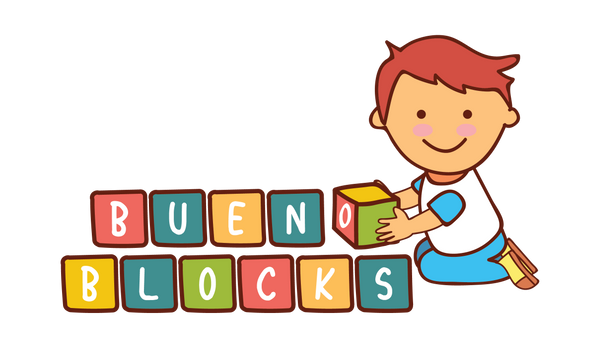
Why Open-Ended Play Matters?
Open-ended play. Free play. Unstructured play.
Whatever you want to call it, its benefits are enormous.
Before we dive into all its goodness, what actually is open-ended play?
Open-ended play is games without rules/instructions. There is no end goal in mind or a certain way to complete the game. For example, pretend cooking, playing with sand, water, blocks etc. These are games made up in that instant. Games played because it was fun. Games that explore the materials without any end goal in mind.
Open-ended play allows children to choose any activity their heart desires. And experience it in whatever direction, shape, and time it takes.
What are the benefits of open-ended play?
There are countless benefits when it comes to open-ended play. Some of the benefits include:
-
Encourage experimenting and problem-solving. Stacking blocks on an uneven surface causes the blocks to fall. What happens if I use a bigger block as a base? Could I counter the fall with a differently shaped block?
-
Exercises creativity. When children face with problems, they experiment with cause and effect. Finding different ways to solve problems helps children build creative thinking.
-
Boosts self-confidence. When children test out ideas without the fear of doing things wrongly, they will explore fearlessly. Remember a time when you put your heart into completing a task? You completed it with grit and determination, and in exchange, the sense of gratification makes you feel unstoppable. Children experience the same, thereby boosting their self-confidence.
-
Supports language development. When children reenact their experiences in play, they string up phrases to form sentences, creating their own stories. This also reinforces the memory of words and sentences they learnt along the way.
-
Regulates emotions. Through play, children explore different situations and emotions. Expressing, processing or experiencing a wide range of feelings helps them better understand their emotions, thereby developing emotional intelligence and resilience.
-
Strengthens motor skills. Running, jumping, climbing, threading, or any physical movement helps children develop strength, coordination, balance, and proprioception (the ability of the body to sense itself).
-
Promotes social skills. Through play, children learn to read others' emotions and body language, thereby practising vital social skills such as sharing, turn taking and cooperating with others.
-
Encourages independent play. With children's innate curiosity, a burning desire to experiment and test and being given the freedom, children can play independently. Chances are their play will last for extended periods of time and often stretches over several days or weeks as they grow.
... and these are just the tip of the iceberg.
Open-ended play benefits are endless!
The best part? All these benefits are not achieved in singularity. When true, unstructured, open-ended play is allowed, most of these benefits are reaped simultaneously. It's not a list of "to-do" for us parents but rather a means of letting go of our control, trusting childhood and watching the magic unfold.
Why is open-ended play important?

It provides the time and space to create, test theories and explore ideas. When given autonomy to play freely, children can explore and play in a relaxed environment and not get discouraged by doing things 'wrongly' because there is really no right way to play. This freedom allows your child to trust their decisions, ponder on thoughts and implement ideas, helping them make sense of the world.
Children develop inquisitiveness, patience, resilience, and confidence - all the essential skills that aid early childhood development and lay the foundations for life beyond.
Closing words from Bueno Blocks.
Open-ended play is simply brilliant. It allows children to explore and follow their interests, fostering creativity and resilience. These are vital skills to learn for solving tomorrow's challenges, for a brighter future. It's more than what the answers are; it's where to look and having different perspectives to solve any problems.
